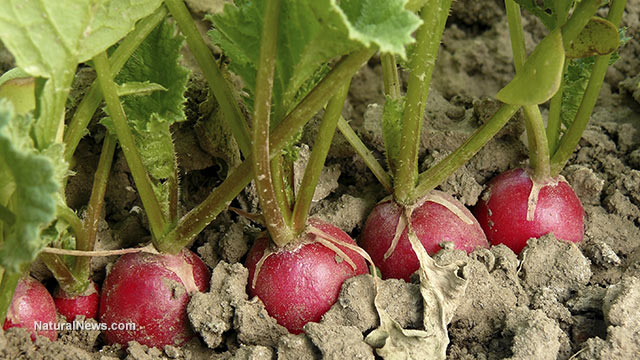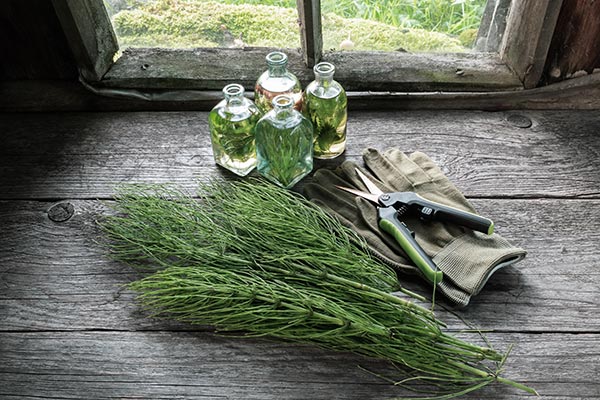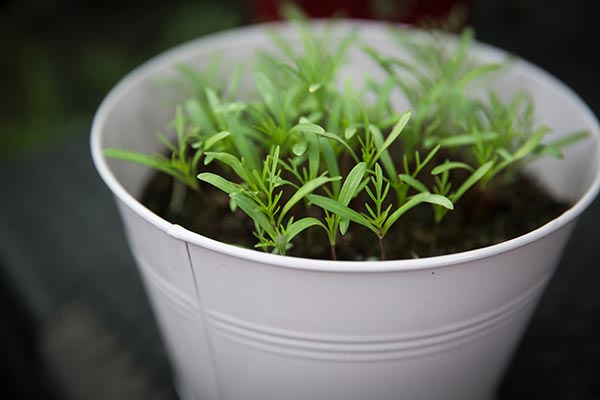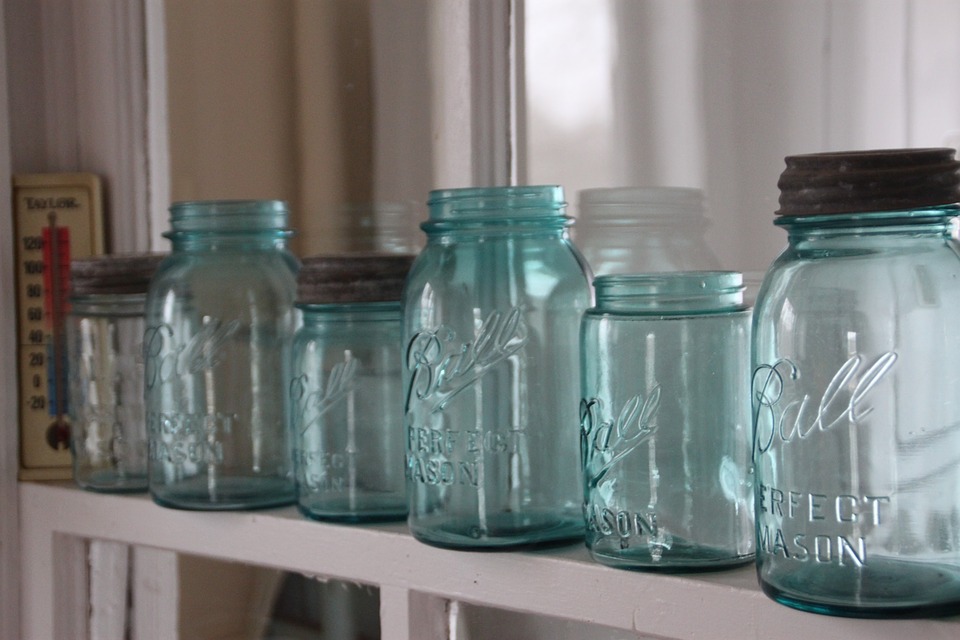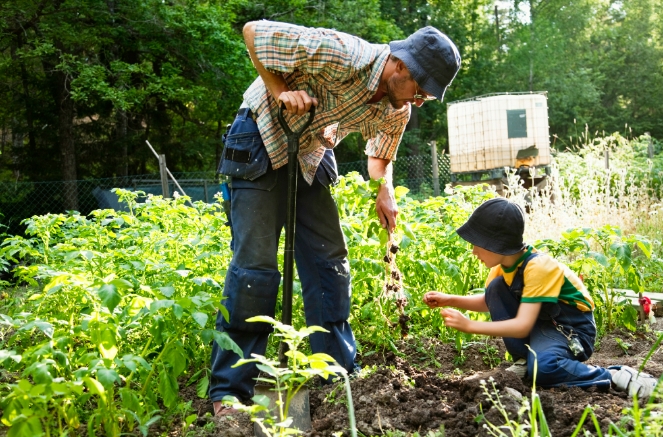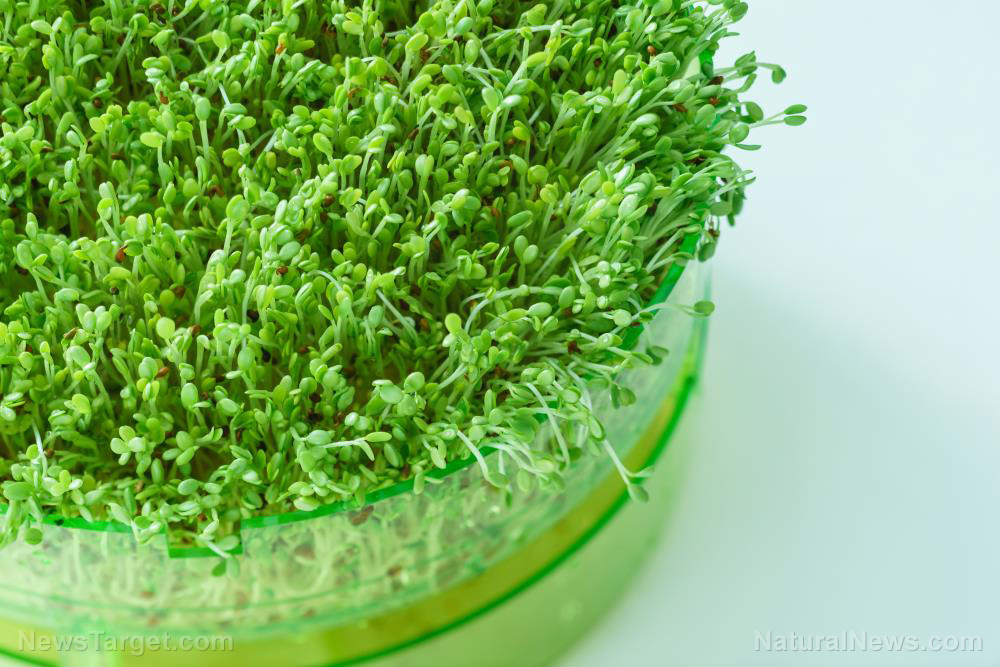Prepper projects: 4 Ideas for DIY chicken nesting boxes
02/02/2022 / By Divina Ramirez
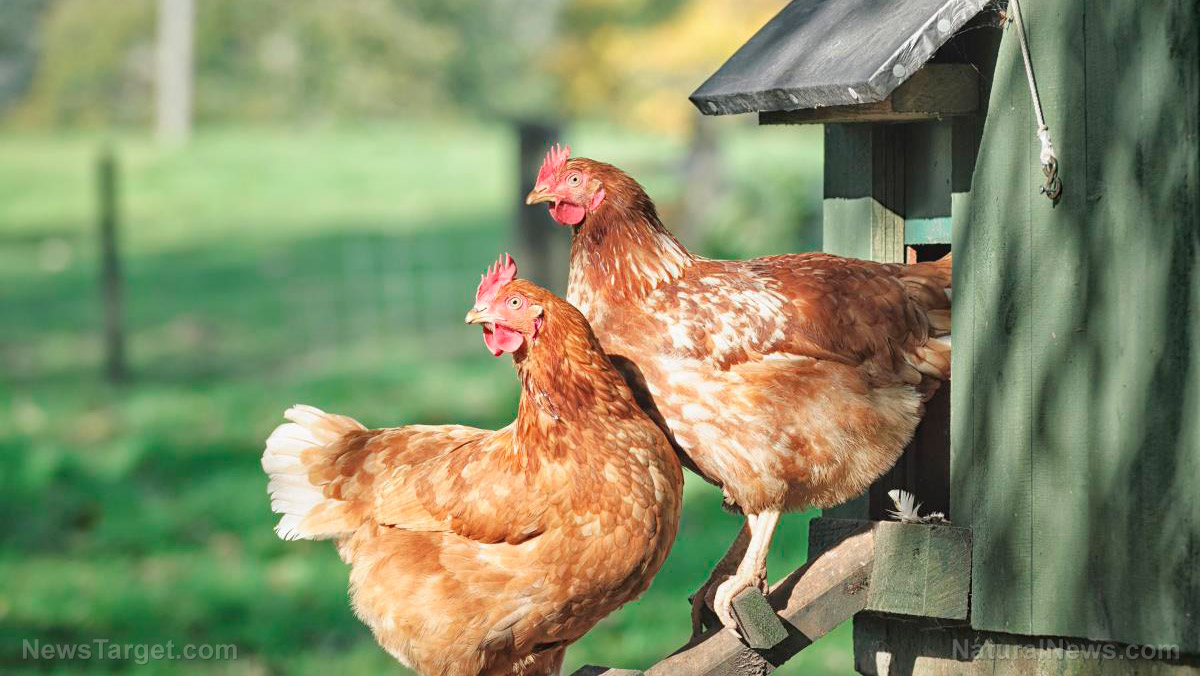
Nesting boxes make hens feel comfortable laying their eggs. The boxes can help reduce stress in the coop as the hens learn to rely on a consistently comfortable nesting site. They also make it easy for you to collect eggs.
You can either buy nesting boxes or make your own with repurposed materials. Generally, you’ll want a nesting box that’s just big enough to fit the hens as they prefer cozy places when laying eggs. How many boxes you’ll need will depend on the size of your flock. A good rule of thumb is to have one box for every four hens.
Save money on nesting boxes with these four DIY nesting box projects:
1. Pallet nesting box
If you have a tight budget, building your nesting boxes using wooden pallets is the way to go. You can easily get pallets for free from bars, pet food stores and furniture stores. These places usually get their products on wooden pallets. They often throw away the pallets afterward as they consider the pallets a waste.
Materials:
- 1 x 1 ft. wooden pallet
- Claw hammer
- Flathead screwdriver
- Saw
- Screws
- Sandpaper
- Pieces of scrap wood
Directions:
- Using a claw hammer and a flathead screwdriver, deconstruct the wooden pallet.
- Trim off the end parts with the nail holes and cracks. You should end up with 14-inch-long pieces.
- Line up enough pieces to make a square that’s 14 x 14 in. for the bottom of the nesting box. Screw together the pieces on each end using a piece of scrap wood as a cleat.
- Line up two more sets of 14 x 14 in. pieces for the sides. Cut them at an angle for a slanted roof, and screw them into the cleats on each side.
- Cut more cleats from scrap wood for the top slanted edge. Cut the ends at an angle to fit, then screw them down to the edges.
- Screw down more pallet pieces to form the roof and cut them to fit.
- Line up more pallet pieces to make a board for the front and back of the nesting box. This will keep in hay or whatever nesting material you use, as well as the eggs. Leave a gap under the backboard for easier cleanup.
- Sand the box to smoothen the corners and edges and prevent splinters. Stain or paint if desired.
2. Five-gallon bucket nesting box
Five-gallon buckets are great for keeping beans and rice in your stockpile. If you have old or unusable ones, put them to good use as a nesting box.
Materials:
- Five-gallon buckets
- 2 x 4 in. plywood boards
- Utility knife
- Wood screws
- Old bicycle tubing
- Screwdriver
Directions:
- Clean the buckets, then cut out two-thirds of the lids. This helps keep in bedding material.
- Attach a section of old bicycle tubing onto the edge of the remaining lid to protect your hens’ feet.
- Lay the buckets on their side. Attach a piece of plywood to the bottom of each one using screws.
- Attach the part of the bucket with the plywood to the wall of your chicken coop.
3. Milk crate nesting box
Make your own nesting boxes for next to nothing by using old milk crates.
Materials:
- Milk crates
- Scrap wood
- Screw
- Saw
Directions:
- Take an old milk crate and lay it on its side.
- Cut a piece of scrap wood to create a “lip” on the bottom and screw it in. This will keep bedding materials, such as hay and straw, from falling out.
- You can leave them as is or hang them in your coop at an angle where they look like diamonds.
4. Cement mixing tray nesting box
You can also turn old cement mixing trays into nesting boxes. The slick plastic material makes the trays easy to clean. The trays themselves are quite sturdy because they are, after all, intended for mixing concrete.
Cement mixing trays have a rounded edge all around, which means your bedding material won’t spill. The edge also makes it safe for hens to hop in and out without any danger of cutting up their feet.
Just fill the trays with hay and place them on the ground in your coop or in an outdoor run. (Related: 18 Things to include in a chicken coop for a healthy, happy flock.)
Homesteading.news has more DIY projects for homesteaders.
Sources include:
Submit a correction >>
Tagged Under:
chicken, DIY, green living, homesteading, livestock, nesting boxes, off grid, preparedness, prepper, prepping, self sufficiency, survival, sustainable living, tips
This article may contain statements that reflect the opinion of the author
RECENT NEWS & ARTICLES
COPYRIGHT © 2017 GREEN LIVING NEWS


